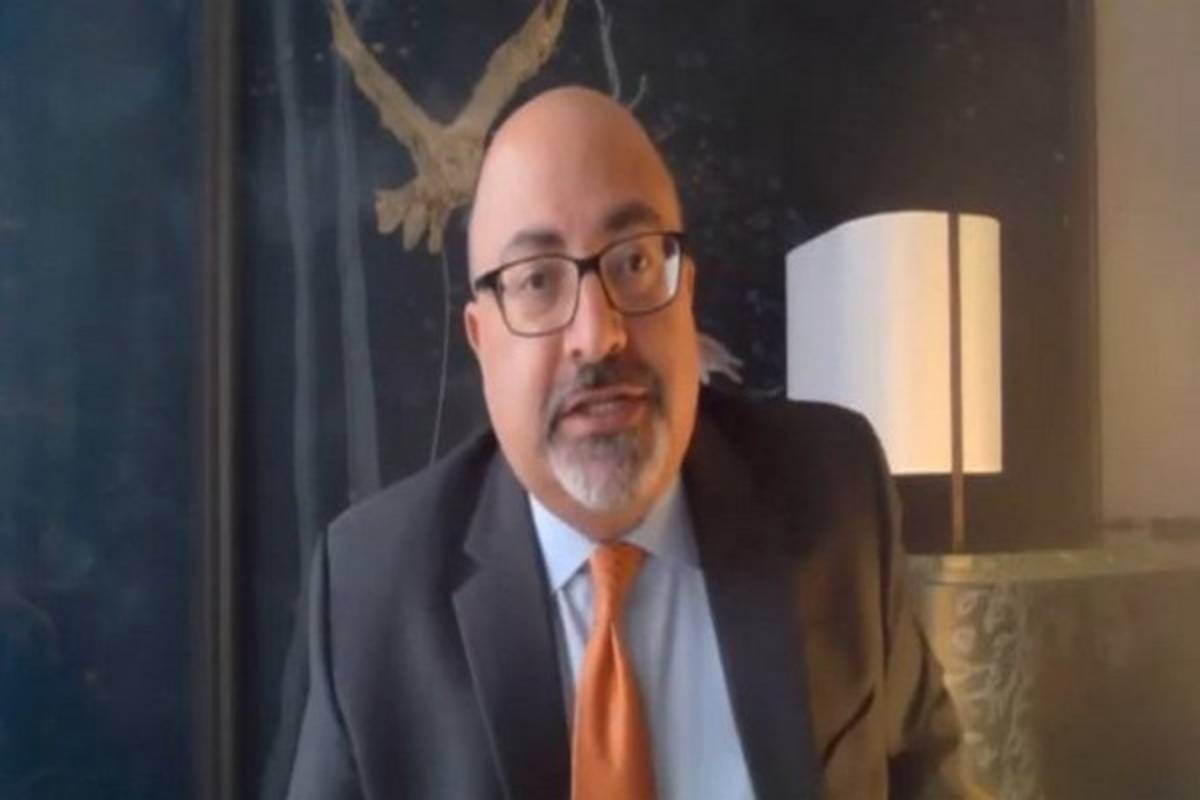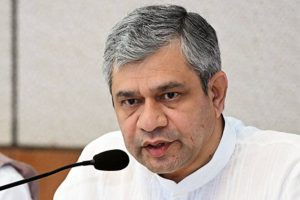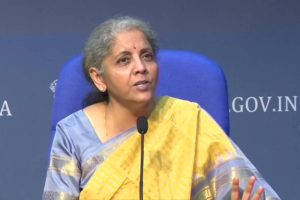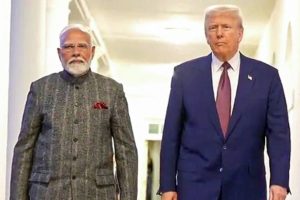The US Chamber of Commerce’s US-India Business Council (USIBC) has announced the launch of its Artificial Intelligence Task Force (AI-TF), calling it a pivotal step in aligning the leadership of India and the US on artificial intelligence.
In a press release, USIBC stated, “Under the auspices of USIBC, the AI-TF will advance AI concepts and principles, drive multistakeholder processes, and promote the development and commercialization of AI technologies. The AI-TF builds on the Chamber of Commerce’s AI principles and endorsement of the OECD’s recommendations on AI.”
Under the auspices of USIBC, the AI-TF will advance AI concepts and principles, drive multistakeholder processes, and promote the development and commercialization of AI technologies.
“The AI-TF builds on the Chamber of Commerce’s AI principles and endorsement of the OECD’s recommendations on AI,” it added.
USIBC President Ambassador Atul Keshap called AI-TF a “game-changer” and stressed that it is especially needed amid the rapidly evolving landscape of artificial intelligence.
In the press release, USIBC President Atul Keshap stated, “As we embark on this transformative journey with the establishment of the AI-TF under USIBC’s leadership, our strategic focus is clear.”
“The AI-TF is a game-changer, especially needed amid the rapidly evolving landscape of artificial intelligence. Through this initiative, we seek to harness the immense potential of AI, propelling competitiveness in both US and Indian economies and our citizen-led societies,” he added.
He noted that India and the US look forward to shaping a future where artificial intelligence is a catalyst for progress bringing forth advancements that uphold shared values and democratic principles.
In a statement, Atul Keshap stated, “Together, we look forward to shaping a future where AI is a catalyst for progress, bringing forth advancements that uphold our shared values and democratic principles, and drives economic prosperity for both our great democracies.”
The Committee’s industry leaders include Kamal Ahluwalia, President at Ikigai Labs; Todd Skinner, President of International at TransUnion and USIBC Board Chairman and Executive Vice Chairman of Nasdaq, Ed Knight, according to the USIBC press release.
Ed Knight said, “The creation of USIBC’s AI-TF is major step towards fostering a deeper partnership on the most innovative and transformative technologies of our time.”
“The Task Force will encourage a principled approach to AI adoption, ensuring that these transformative technologies can be harnessed in a manner that is safe and secure. The USIBC looks forward to continued discussions with the US and India as we help bolster our countries’ AI leadership,” he added.
US National Science Foundation Director Sethuraman Panchanathan called partnerships a key to the future of a “trustworthy, safe, and secure AI enterprise.” He noted that artificial intelligence is at an incredible pace, which requires “researchers to collaborate and share resources for cutting-edge innovations and discoveries alongside a commitment to shared values and principles.”
In the press release, Xylem president and CEO Matthew Pine said, “Collaboration is critical to ensure communities have access to the solutions they need to address water challenges.”
“This collaboration is why Xylem launched the Reservoir Center for Water Solutions alongside water sector leaders, and why we were honoured to gather Director Panchanathan and the US-India Business Council to announce the creation of the AI Task Force,” he added.
Notably, the USIBC represents hundreds of top global companies operating across the United States, India, and the Indo-Pacific. Through their flagship offices in Washington, DC and New Delhi and their presence across both nations, USIBC works with its members to identify and advance key policy priorities.





